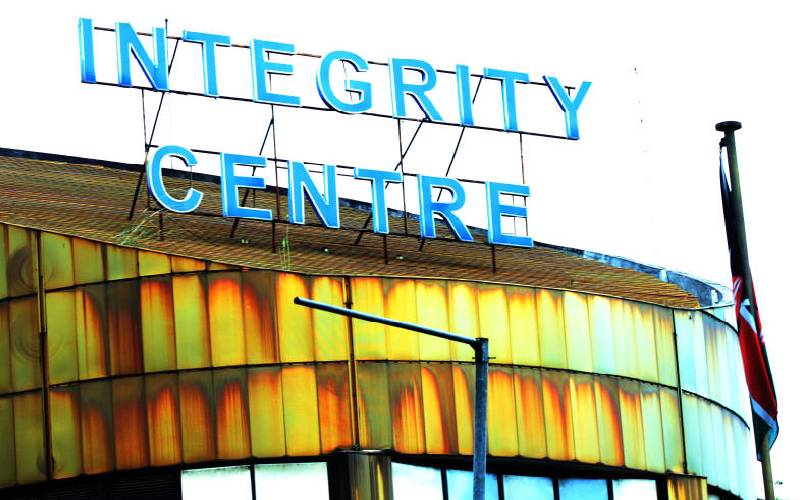×
The Standard e-Paper
Stay Informed, Even Offline

The country has been awash with media reports of alleged misuse of Covid-19 Emergency funds by Health ministry officials, Kenya Medical Supplies Agency (Kemsa), and other State agencies in collusion with businesspeople.